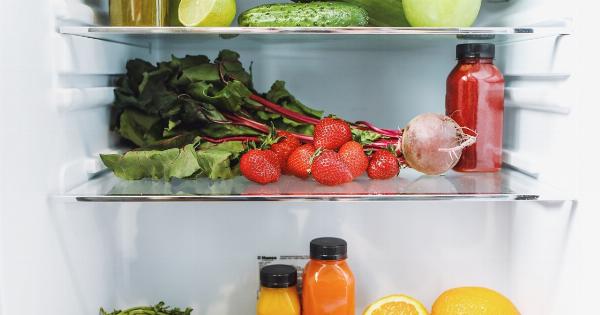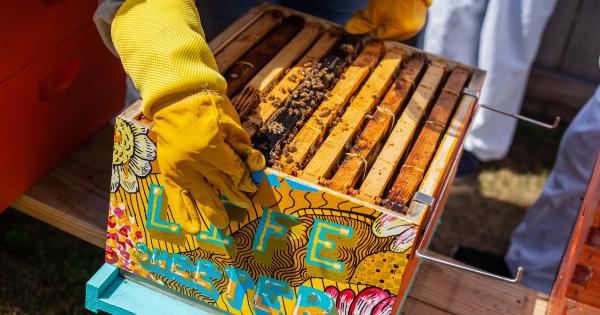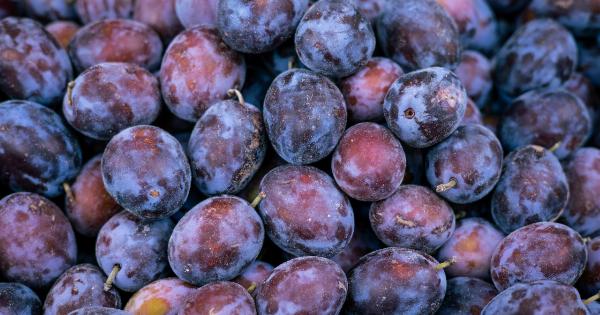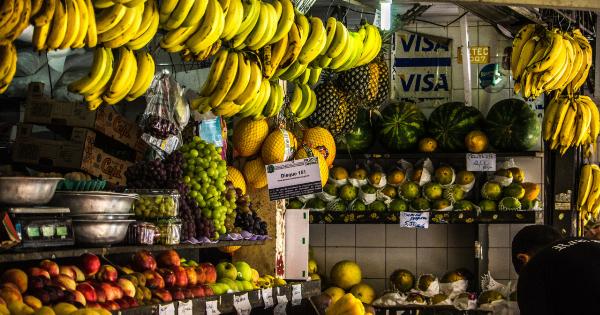Food waste is one of the biggest contributors to the planet’s demise. Every year, millions of tons of food are wasted, leading to significant ecological and economic problems.
The issue of food waste is something that needs to be taught to children as a part of their daily lives. Not only will it help them to understand the importance of waste reduction and recycling, but it will also help to ensure that they are living in a more sustainable world.
What is food waste?
Food waste is any food that is thrown away, not eaten or used for any other purposes. Typically, food waste includes food that is left over after a meal, spoiled or expired food, and food that is not consumed or sold.
In developed countries, food waste is often caused by overproduction and overconsumption of food. In poorer nations, food waste is mostly due to poor agricultural practices, storage facilities, and distribution systems.
Why is food waste a problem?
Food waste is a significant problem because it has both ecological and economic impacts. First, food waste results in the greenhouse gas emissions produced during the creation and disposal of the wasted food.
Second, the production and distribution of food require large amounts of energy, water, and other natural resources. When food is wasted, all the resources that went into its production and distribution are lost as well. Third, wasted food contributes to the problem of landfills and pollution.
When food waste is sent to landfills, it decomposes and produces methane, a potent greenhouse gas that contributes to climate change. Finally, food waste has significant economic impacts, including losses incurred by producers and consumers, as well as costs associated with disposal and cleanup.
Teaching children about food waste
Teaching children about food waste can be a fun and interactive way to instill the importance of waste reduction and recycling. The following are some tips on how to teach children about food waste:.
Plan meals and avoid overbuying
Planning meals in advance and making a shopping list helps to avoid overbuying and food waste. When children are involved in meal planning and shopping, they will develop an understanding of what they need and the quantities required.
They will also learn how to make the most of their ingredients, avoiding waste through effective meal preparation techniques.
Composting food scraps
Composting is a great way to reduce food waste and create healthy soil for plants.
When children see how the food they don’t eat can be transformed into compost and aid in plant growth, they will become more motivated to reduce waste and preserve the environment.
Reduce processed products and support local farmers
Reducing the amount of processed food products and supporting local farmers help children understand the environmental impact of their food choices.
Locally produced food comes with fewer transportation miles and uses better agricultural practices, which supports both environmental and economic sustainability.
Donate excess food
Donating excess food to shelters and charities is a great way to prevent waste and help people in need. Explaining to children the impact of food donations on communities and the environment can foster empathy and a sense of responsibility in them.
Get creative with leftovers
Encourage children to get creative with leftovers by creating new meals and snacks. This not only teaches them to be resourceful but also enhances their cooking skills.
Recycle packaging
Teach children the importance of recycling packaging and the benefits to the environment of doing so. They may start avoiding products with excessive packaging and become more environmentally conscious shoppers.
Conclusion
Teaching our children about food waste is a crucial step towards creating a more sustainable future.
By instilling the importance of waste reduction and recycling early on, we can raise a generation of responsible and environmentally-conscious individuals who understand the impact of their actions on the planet and communities around them.






























